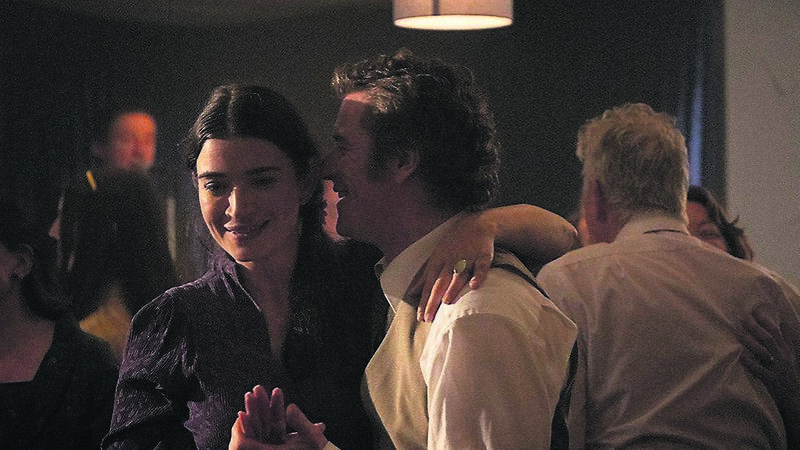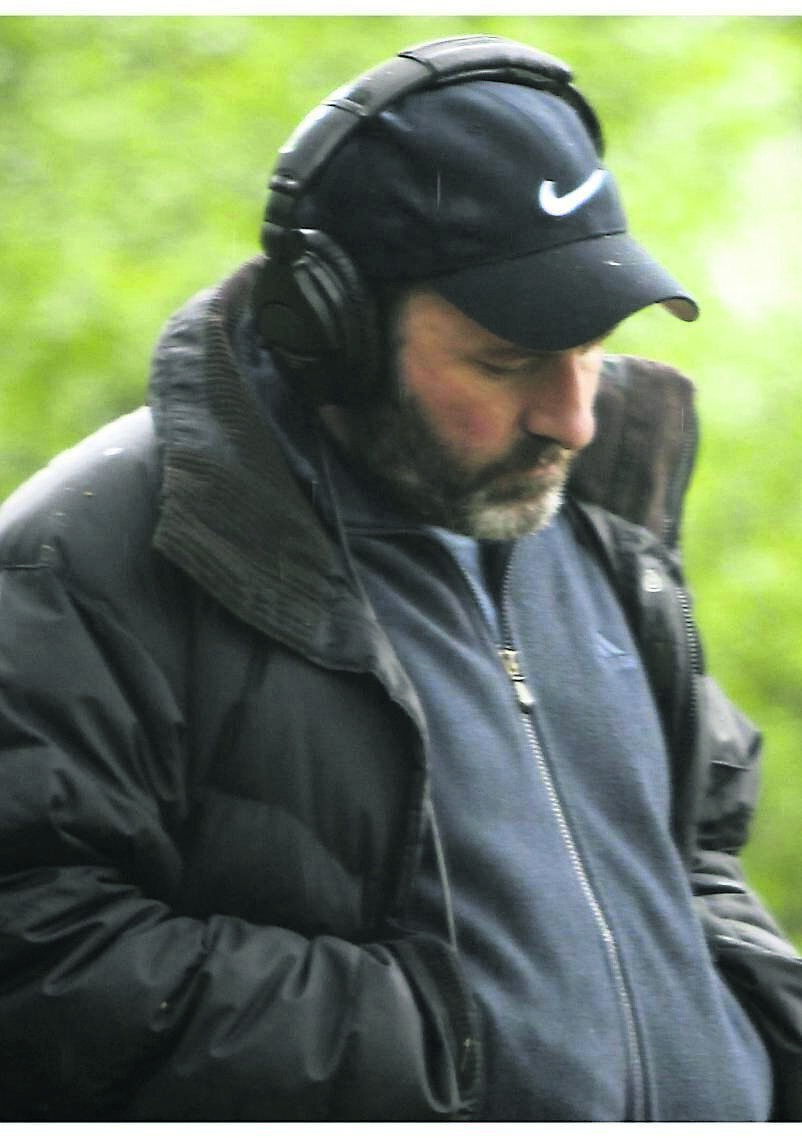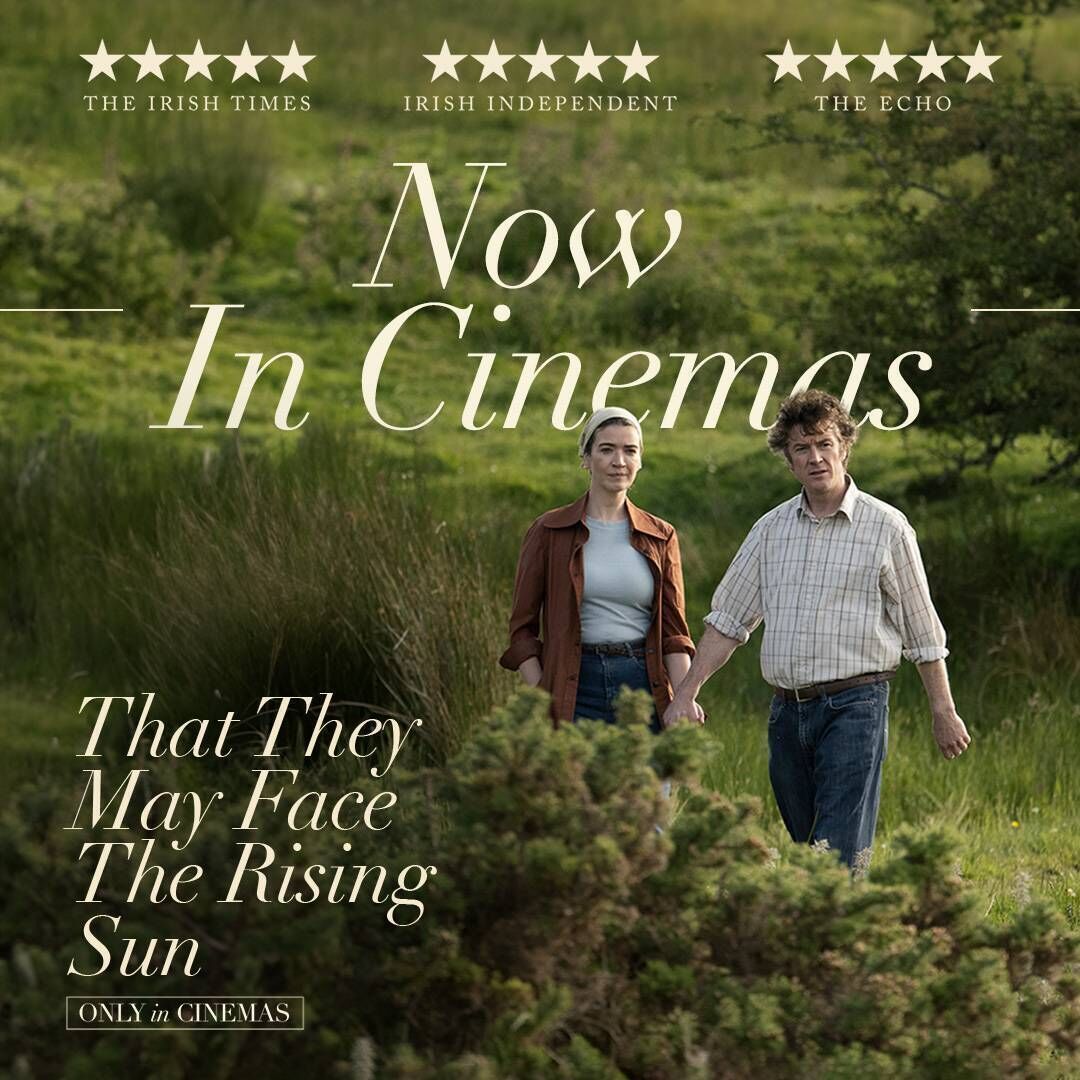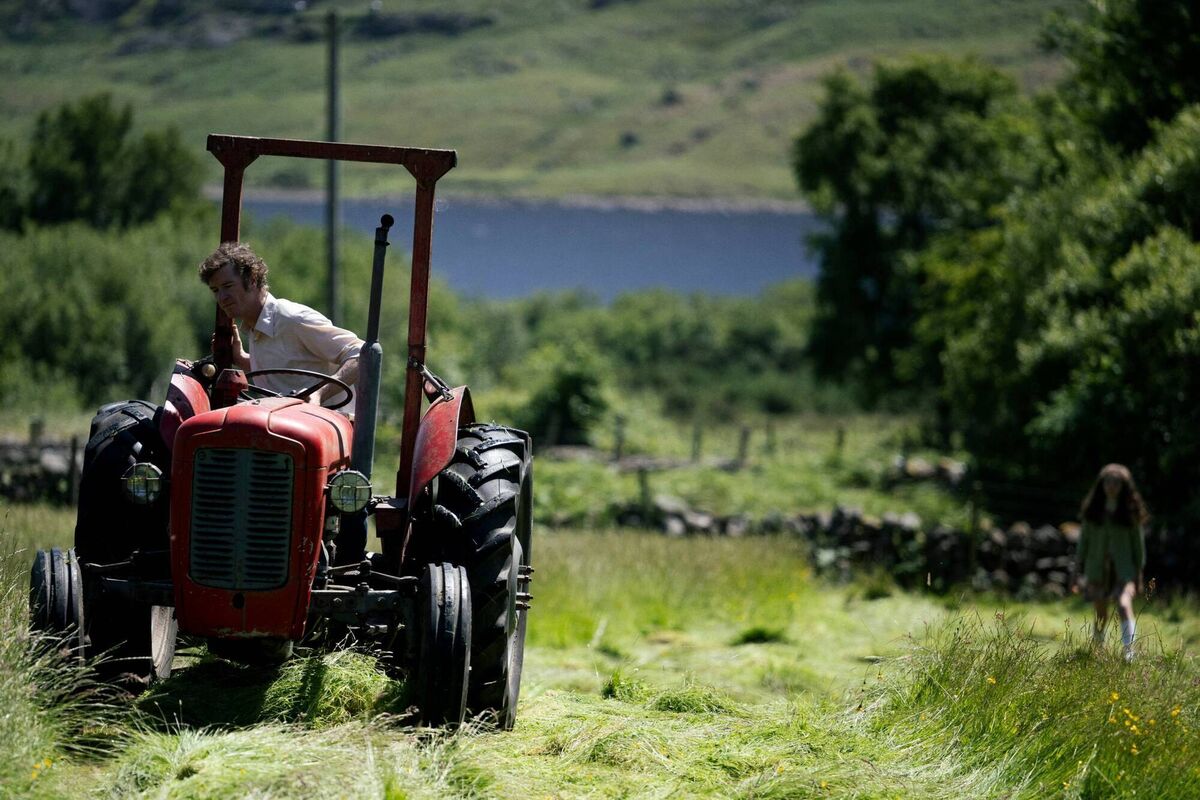Cork film-maker Pat Collins' first feature film hits cinema screens

A scene from That They May Face The Rising Sun, the debut feature film from Cork documentary-maker Pat Collins.
WEST Cork film-maker Pat Collins has won acclaim for each of his documentaries.
From The Song Of Granite to MAM, he has proven to have a keen eye for beauty, nature, and the absorbing power of stillness.
Now, for the first time, he is taking on a feature film with an adaptation of John McGahren’s That They May Face The Rising Sun.
It is not Collins’ first encounter with the great writer. In 2004, he shot a documentary on McGahren’s life, and before he was a filmmaker, Collins was a fan of the writer’s work.
“I read McGahern for the first time when I was 18 or 19,” says Collins.
Rising Sun is my favourite, partly because it was an accurate portrayal of the Ireland I grew up in. I felt nobody had captured it quite like that.
The story follows Joe (Barry Ward) and Kate (Anna Bederke), a married couple who return to live in rural Ireland after a few years away. Their lives are connected to the older members of the community; their doors are always open for a cup of tea, and they are always ready for a friendly chat with passing neighbours.
The power of community lies at the heart of the film.
When he was making the documentary, Collins saw the potential in adapting Rising Sun but didn’t feel he was ready to do so.
“I would have seen potential from the first day, but I didn’t think it was possible. I thought it was too difficult to adapt because it was made up of small stories. It wasn’t one big narrative the way films usually are.
At the same time, I think that’s what attracted me to it - the fact that it was really difficult to adapt. I felt challenged.
With a life-long career in documentary, Collins embraced the challenge of making his first feature and has excelled.

The film has won awards on the festival circuit including last weekend’s IFTA Awards, where it took home Best Film.
How did Pat find the transition from documentarian to feature director?
“With Silence and Song Of Granite, I approached them purely as fiction but with a documentary sensibility.
“Rising Sun is a pure fiction drama. I knew from the beginning that it wouldn’t have documentary elements. I don’t think it would have worked. I needed really strong actors to pull it off.
“I didn’t understand how important casting was for a feature film. That is the big thing I have learned. You are so dependent on your cast, and it is so important to choose correctly. Fortunately, we were lucky with this cast.”
Collins did plenty of read throughs to find his ensemble actors; he had just one meeting with Barry Ward before deciding he was the right actor to play Joe.
I met Barry for a coffee, and we chatted for an hour. I offered the role right away without even reading the script.
“Joe is so attentive to the characters in the film. He thinks about them, and he takes care of them. Barry is a great actor; he has a great presence and is very kind. He was so good on set with everyone.
“Joe is an understated character, and Barry plays him so well.”
As well as the leads, the film stars several well-known older actors including Sean McGinley and Lalor Roddy, who play Patrick and Johnny, two life-long friends. Collins says seeing older rural characters treated with respect on screen was important.
“Some of the characters could easily tip into parody without strong actors. Historically, characters like this are often seen as simpletons, but the rural people that I grew up with had a certain nobility and great intelligence.
“It was important to have actors portray the characters with respect. Sean McGinley and Lalor Roddy brought such knowledge and craft in their acting ability that they could transcend the material.”
Adapting a book into a film can mean changing the original story, and Collins says he accepted early on that those changes were beneficial to the project.
“At the start, you try to do everything you can to protect the novel.
I am not ruthless, but after a while, you must accept that not everything belongs in a film version.
“You are attempting to be true to John McGahern’s vision of the novel, but with a film, you are representing that vision. I think we achieved it; I would have seen it as an awful failure if we hadn’t.

“I would have disappointed myself if I hadn’t risen to the challenge. The film might not be a full realisation of the novel, but it is true to the spirit of the book.”
It is a very Irish story, but the themes of rural life, loneliness, and the power of community are universal. Collins says he took a McGahern quote about universality to heart.
“McGahern said that if you start out to create a story about everywhere, you end up with nothing. If you create a story about something particular, it becomes about life everywhere. You start with one person in one room and grow something particular that becomes universal.”
That They May Face The Rising Sun has played at international film festivals, and Collins says non-Irish audiences are connecting with this very Irish story.
“I was at a screening at the Santa Barbara Film Festival and Gothenburg Film Festival, and the reaction was the same as an Irish audience,” he said.
“I was sure the film would resonate with Irish audiences, but I wasn’t sure how well it would do outside.

“It is gratifying to see people connecting with it in other countries. People in Sweden and California said it reminded them of growing up in the countryside.”
The Drimoleague native hopes that home audiences will embrace the film.
“The main thing is that they enjoy the experience of watching it in the cinema and being with the characters.
“I hope that they leave feeling either better about the world or connected to the world. I hope they go back to see it a second time.”
That They May Face The Rising Sun is in Cinemas from April 25. Cert: 12a
Read our film review tomorrow, where Cara gives the feature film a five star review.







